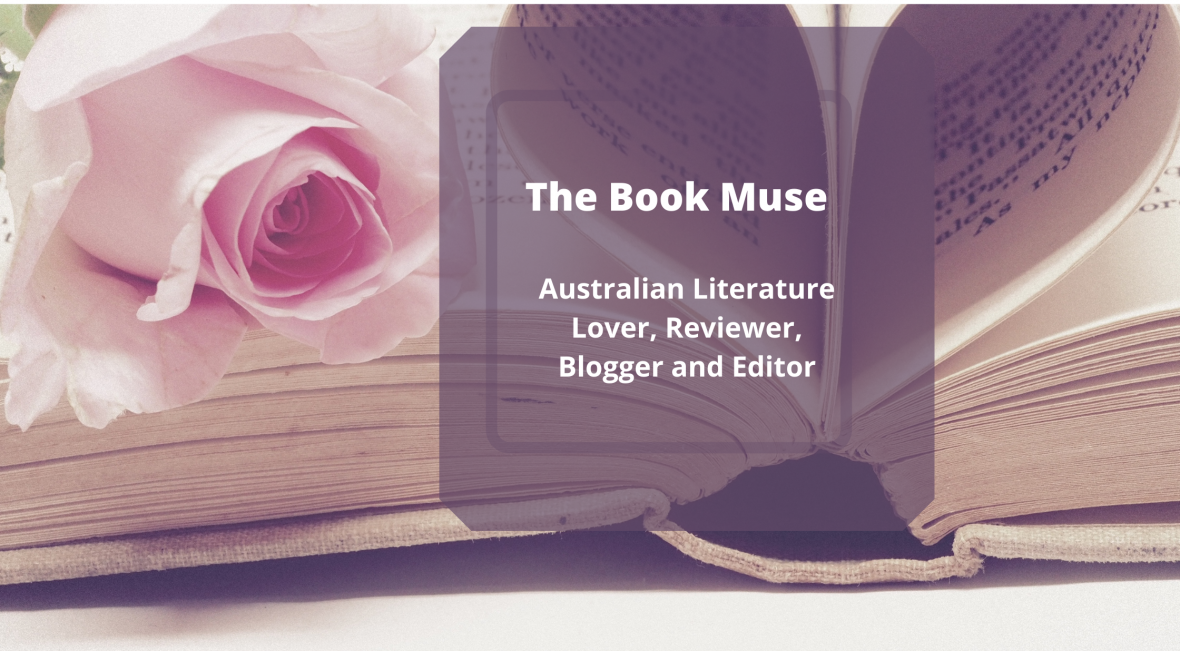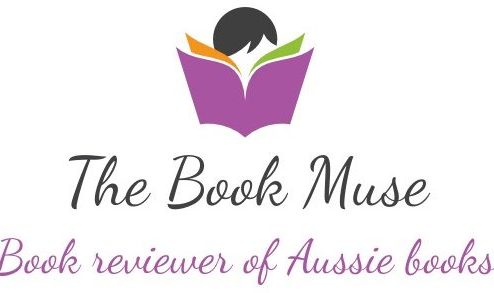Title: The Dictionary of Lost Words
Author: Pip Williams
Genre: Historical Fiction
Publisher: Affirm Press
Published: 31st March 2020
Format: Paperback
Pages: 384
Price: $32.99
Synopsis: In 1901, the word bondmaid was discovered missing from the Oxford English Dictionary. This is the story of the girl who stole it.
Motherless and irrepressibly curious, Esme spends her childhood in the Scriptorium, a garden shed in Oxford where her father and a team of lexicographers are gathering words for the very first Oxford English Dictionary.
Esme’s place is beneath the sorting table, unseen and unheard. One day, she sees a slip containing the word bondmaid flutter to the floor unclaimed. Esme seizes the word and hides it in an old wooden trunk that belongs to her friend, Lizzie, a young servant in the big house. Esme begins to collect other words from the Scriptorium that are misplaced, discarded or have been neglected by the dictionary men. They help her make sense of the world.
Over time, Esme realises that some words are considered more important than others, and that words and meanings relating to women’s experiences often go unrecorded. She begins to collect words for another dictionary: The Dictionary of Lost Words.
Set when the women’s suffrage movement was at its height and the Great War loomed, The Dictionary of Lost Words reveals a lost narrative, hidden between the lines of a history written by men. It’s a delightful, lyrical and deeply thought-provoking celebration of words, and the power of language to shape our experience of the world.
The Dictionary of Lost Words is an international bestseller, selling more than 250k copies in Australia alone, with rights sold to over 30 territories worldwide. Also a New York Times bestseller, The Dictionary of Lost Words was the first Australian novel selected for Reese Witherspoon’s book club. A stage adaptation of the novel will grace the Sydney Opera House in October 2023, and screen rights have been acquired by a South Australian production house with plans underway for a limited television series.
Awards:
2020 Longlisted for the ARA Historical Novel Prize
2021 ABIA Winner – General Fiction Book of the Year
2021 Australian Independent Bookseller – Indie Book of the Year
2021 Mud Literary Prize – Best Debut Australian Novel
2021 Australian Independent Bookseller Indie Debut Fiction Award Winner
2021 Australian Independent Bookseller Book pf the Year Award Winner
2021 New South Wales Premier’s Award – Shortlisted
2021 – The Walter Scott Prize for Historical Fiction – Shortlisted
~*~
Esme has grown up in Oxford’s Scriptorium, where learned men are putting together the first Oxford English Dictionary. She’s just a little girl when the novel begins, cared for by her father and a maid, Lizzie. One day Esme discovers a discarded slip with the word bondmaid – a word that nobody seems to care about or miss. Esme claims the word and puts it in a trunk under Lizzie’s bed – and this begins a lifelong obsession to collect the words that the nobody cares about. The words that the dictionary men tell her are not words, because they cannot verify them in a written text. These words, from women in the Covered Markets, from women in general, and from the lower classes – words that mean something to those people, that are used but not scholarly enough. These words join the discarded slips and words in the trunk, which becomes the Dictionary of Lost Words, and this trunk becomes a refuge, something that helps her make sense of the world.
One of the lessons that Esme learns as she sits under the sorting table, then at school, and finally, as an assistant at the dictionary and Scriptorium, she learns that some words are seen as more important than others – the words that are present in literature, that have power, and that the dictionary men choose. Words in relation to women are often discarded or used in derogatory senses throughout the book, and every entry must have a quotation that can be checked. Esme is determined to create a record of women’s words – what will become the Dictionary of Lost Words.
The Dictionary of Lost Words starts in 1886, and goes through to World War One and the suffrage movement in England and changes in the class system that begin to bubble throughout the novel. This novel came out right as the pandemic hit, and I have had it on my shelf for a long time – and I have finally read it. I was drawn to it because it celebrates words, women’s rights, and the fight for suffrage amongst a desire to show that words – all words – have power. They have the power to silence people, they can spread joy, and they can strengthen people. They are used to argue for a cause – much as the women’s words in this book do as the suffrage movement bubbles along, and Esme is pulled into worlds beyond her sheltered life in the Scriptorium – the theatre, and the fight for women’s rights, amongst people that many in her class deemed unsuitable companions for a young woman. Their presence spurred Esme and her quest to collect the words nobody else would along, which I found engaging, and I think she met some interesting and colourful characters. And poor Lizzie when she met these people and had to help Esme with a secret at one stage. I could feel her despair and worry because it was so well written. I found that every character was crafted well – they all had their quirks and beliefs, and they all shone off the page. It allowed everyone to show who they wanted to be, who they were, and I loved that Da, and many of the other dictionary men – with a few exceptions – were so encouraging, but still maintained who they were meant to be in the nineteenth century and early twentieth century.
The crux of the story begins in 1901, when the dictionary men discover the word bondmaid is missing from the dictionary after receiving a letter. And Esme’s secret – that she took it – comes out. From here, I found that Esme grew into herself, into the woman she would become as the world inched closer to war, and the war years formed a significant part of the novel, because it had a major effect on the running of the dictionary as many of the young men marched off to war. A war that everyone believed would be over by Christmas 1914 but lasted four years. And for Esme, who lost so much in those years, my heart broke. The war brought new words – words that Esme collected from those affected, and as I read the war years, there was a deep sense of foreboding, of feeling like something awful was coming. Most importantly, I think I liked that the words, women, and Esme being her own person, not just someone’s daughter or any other identity that women would have had attached to them during those years the most. I liked that Esme made her own decisions, that she stood for something. She worked out what she believed and how to stand for them in a way that made sense to her. In a way that she could act on in her world.
I was drawn to this book because it is about words and dictionaries, about women’s rights and has a dose of history. Real people live through their fictional counterparts, alongside people who have been created. I think it is a very strong novel, and a story that I was unaware of. The story of the Oxford Dictionary and the role women had in it coming forth in this novel gives history life, it shows that there will always be stories that we do not know, and I think allowing us to find out how words were chosen for the dictionary was eye-opening. These days, most words are in the online dictionaries, with histories and usages, and work to help us discover words of all kinds, and understand the world, understand the language and where it has come from. Everything in this novel is linked to words and their meanings, and I think it is exceptional – I am eager to read the next book, The Bookbinder of Jericho. I enjoyed reading about a woman’s experience through the early twentieth century during events that are often explored in fiction and media, but in a unique way where everything is connected by words and language, the one thing that connects us all.
Discover more from The Book Muse
Subscribe to get the latest posts sent to your email.



9 thoughts on “The Dictionary of Lost Words by Pip Williams”